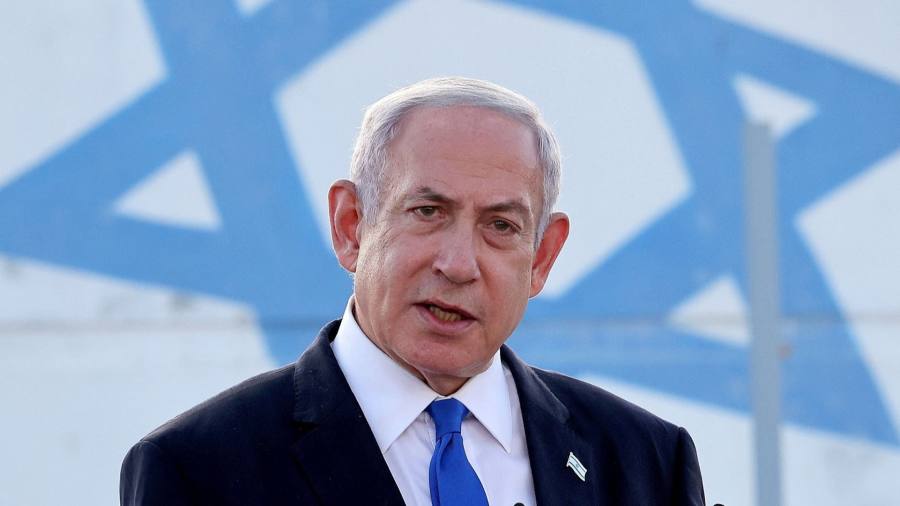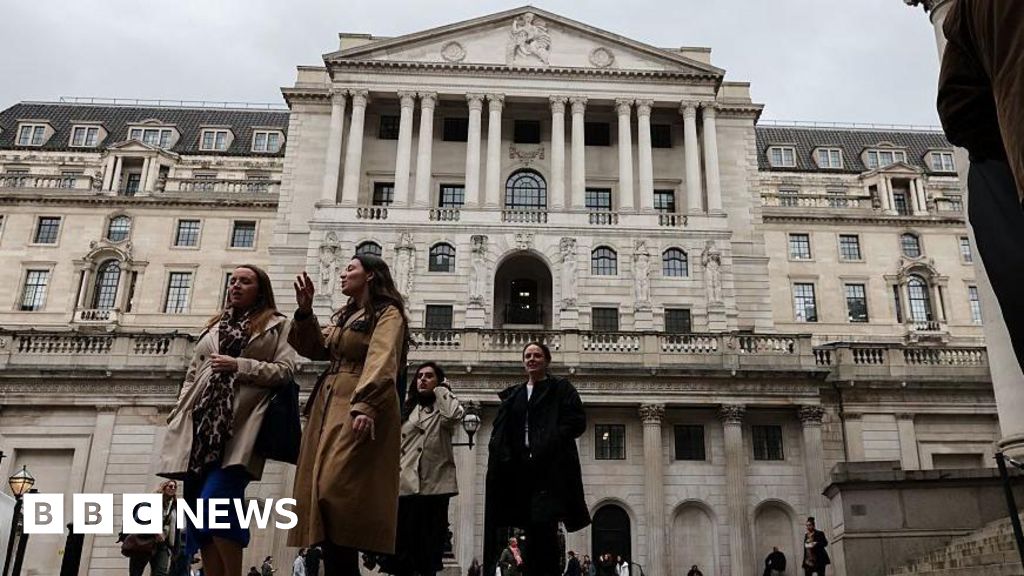Receive free Israel updates
We’ll send you a myFT Daily Digest email rounding up the latest Israel news every morning.
Israel’s prime minister Benjamin Netanyahu was taken to hospital to have a pacemaker fitted to his heart in the early hours of Sunday, as a bitter battle over his government’s plans to overhaul the judiciary approached boiling point.
Lawmakers are due to vote on Monday on the first plank of the overhaul, which has plunged Israel into its deepest political crisis in years, sparking 29 weeks of mass protests, drawing criticism from the US and opening up fissures in the country’s crucial military reserve.
Doctors at the Sheba Medical Center near Tel Aviv said the urgent procedure to fit the 73-year-old Netanyahu with the pacemaker — a device designed to regulate the heartbeat — was necessary because he had suffered an arrhythmia.
Netanyahu had been fitted with a heart monitor a week earlier after being treated in hospital for what his office said at the time was “dehydration” caused by spending too long in the sun.
“All went well, the prime minister is doing very well,” Eyal Nof, head of Sheba’s invasive electrophysiology service, said in a statement on Sunday morning.
In a brief video posted on Sunday afternoon, Netanyahu said he was “doing great”. He is expected to leave hospital on Monday and said he would attend the vote. “We’re continuing with the efforts to complete the legislation and with the effort to do so with agreement,” he added.
Israel’s president Isaac Herzog visited Netanyahu in hospital on Sunday evening and is due to meet opposition leader Yair Lapid in a last-ditch effort to find a compromise. “This is a time of emergency. An agreement must be reached,” Herzog said in a statement.
Netanyahu’s hospitalisation came amid a crescendo of protests against the overhaul being pushed by his coalition with far-right and ultrareligious parties. Tens of thousands of protesters streamed into Jerusalem on Saturday evening after a 70km, four-day march from Tel Aviv, while more than 100,000 others took part in a demonstration in the centre of Tel Aviv.
Further protests were due on Sunday night and Arnon Bar-David, the head of Histadrut, Israel’s biggest union, said that it would “not hesitate to act” if a compromise could not be found. “Everyone on both sides must recognise that we are in a historic and critical time for our country’s future,” he said.
The street rallies have been accompanied by an intensifying drum beat of protests from reservists in Israel’s military, with a group of 10,000 known as the Brothers in Arms saying on Saturday that they would stop volunteering for duty in protest at the overhaul.
Their announcement followed a similar threat by 1,100 air force reservists on Friday, which prompted Rear Admiral Daniel Hagari, the military’s chief spokesperson, to warn that the military’s “cohesion has been damaged [in a way] which will take a long time to repair”.
In a sign of the concern among military leaders about the impact of the reservists’ threats, the chief of staff Herzi Halevi warned in a letter to soldiers on Sunday morning that “we will not be able to exist as a country in this region” if the army was not unified and strong. “It is our duty to prevent these cracks from widening,” he wrote.
A cabinet meeting due for Sunday morning was cancelled because of Netanyahu’s hospitalisation and trips to Turkey and Cyprus he had been due to make later this week were postponed. But a parliamentary debate on the first of the judicial changes being pushed by his coalition began as planned.
At issue is a bill that would prevent Israel’s top court from using the standard of “reasonableness” to strike down government decisions.
Government officials say this change and others, such as reshaping the body that appoints judges, are needed to rein in the powers of an overly activist judiciary that they claim has pursued a partisan leftwing agenda.
But critics see the proposals as a politically motivated assault on the checks on Israeli governments, which would pave the way for the evisceration of minority rights, foster corruption and damage the economy.
Credit: Source link











